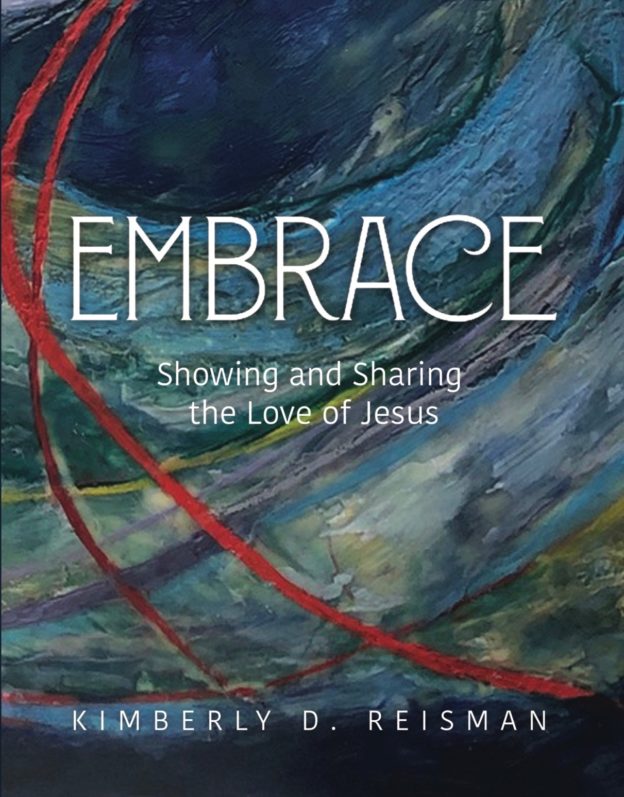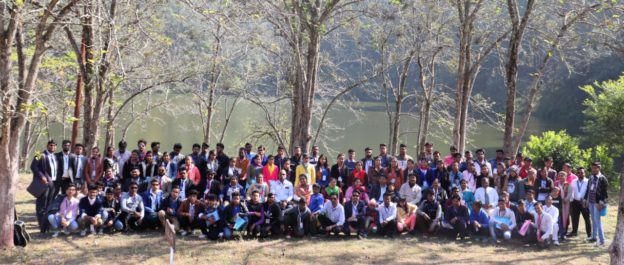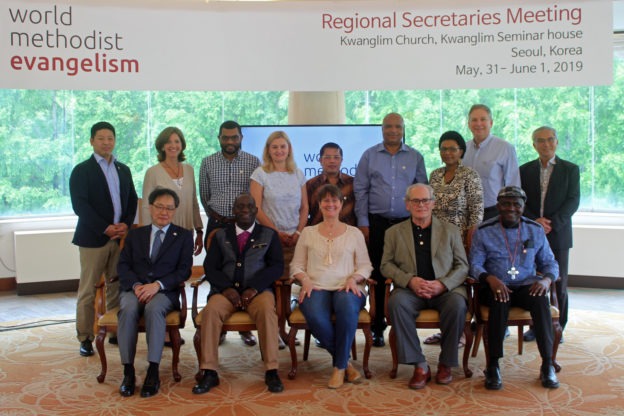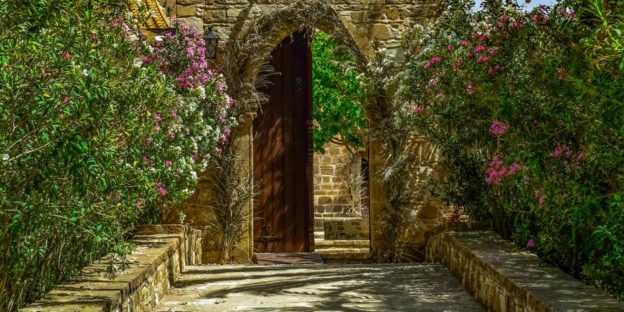
I love browsing bookstores. Whenever I learn about a new book, I’m frequently excited simply because it’s NEW, and I forget that it actually isn’t new at all. Instead, every new book is the culmination of a journey, with time spent thinking, researching, writing, and rewriting.
That exactly describes the journey of WME’s “new” resource, Embrace: Showing and Sharing the Love of Jesus. It began as an idea, which grew into my PhD dissertation, which then grew into material I’ve been teaching in Africa, Europe, North America, the Pacific, and South America. Now it has grown into the “new” study that we launched last month.
It’s exciting to see the impact Embrace has made as it journeyed through all it’s different shapes, and we can already see that its newest form is making a huge difference as well. The time is clearly right for the Embrace approach to evangelism.
Our world is dramatically different than it was a few decades ago. In many ways we are more connected, but in other ways we are more divided than ever. We need a way to show and share the love of Jesus that transcends divisions, builds bridges, and allows room for the Holy Spirit to work for transformation. Embrace offers just that.
Embrace sets out six essential values that lie at the heart of authentic evangelism: humility, clarity, prayer, integrity, worship, and urgency. In focusing on these values, Embrace encourages faithful discipleship and graceful faith-sharing and enables people to become comfortable showing and sharing the love of Jesus in ways that are authentic and natural. Embrace provides a holistic understanding of the gospel and of faith-sharing, rooting all of our sharing deeply in spiritual disciplines and habits, and integrating it into other ministries of the church.
 I’m energized by the ways we are offering Embrace. First is the study book, which is designed for individuals or small groups. It’s divided into six sessions, with introductory material followed by five sessions focused on the essential values. The study book provides basic theological and scriptural foundations for evangelism, and includes opportunities for both reflection and action. You can learn more about the study book here.
I’m energized by the ways we are offering Embrace. First is the study book, which is designed for individuals or small groups. It’s divided into six sessions, with introductory material followed by five sessions focused on the essential values. The study book provides basic theological and scriptural foundations for evangelism, and includes opportunities for both reflection and action. You can learn more about the study book here.
Embrace can also be experienced in a workshop environment. Like the study book, these workshops are divided into six sessions, an introduction followed by five sessions focused on the essential values. Workshops are designed for both laity and clergy, and are a blend lecture, storytelling, small group discussion, and individual reflection. Through this strategy of learning, verbal processing and discussion, personal sharing, prayer, and reflection, participants are equipped to share their faith as well as to empower others to share as well. Like all Embrace material, there is an emphasis on theological and scriptural understanding, as well as a holistic approach to both the gospel and evangelism. You can learn more about hosting or attending an Embrace workshop here.
Though we share many things in common, each of our cultures and contexts is unique. A strength of Embrace is that it takes both those commonalities and differences seriously. In offering essential values rather than rigid practices, Embrace recognizes that all faith-sharing is contextual. Our practices will likely change from place to place, and from time to time; however, there are certain values that remain constant no matter where we are or what culture we live in. Working through these essential values, Christ followers are able to connect their personal experience of faith with a holistic understanding of the gospel in a way that restores their confidence and responsiveness to the Holy Spirit as they show and share the love of Jesus in their daily lives and in their trusting relationships.[/vc_column_text][/vc_column][/vc_row]






 March 11-15, 2019 ~ Order of the FLAME – St. Simons Island, Georgia, USA
March 11-15, 2019 ~ Order of the FLAME – St. Simons Island, Georgia, USA